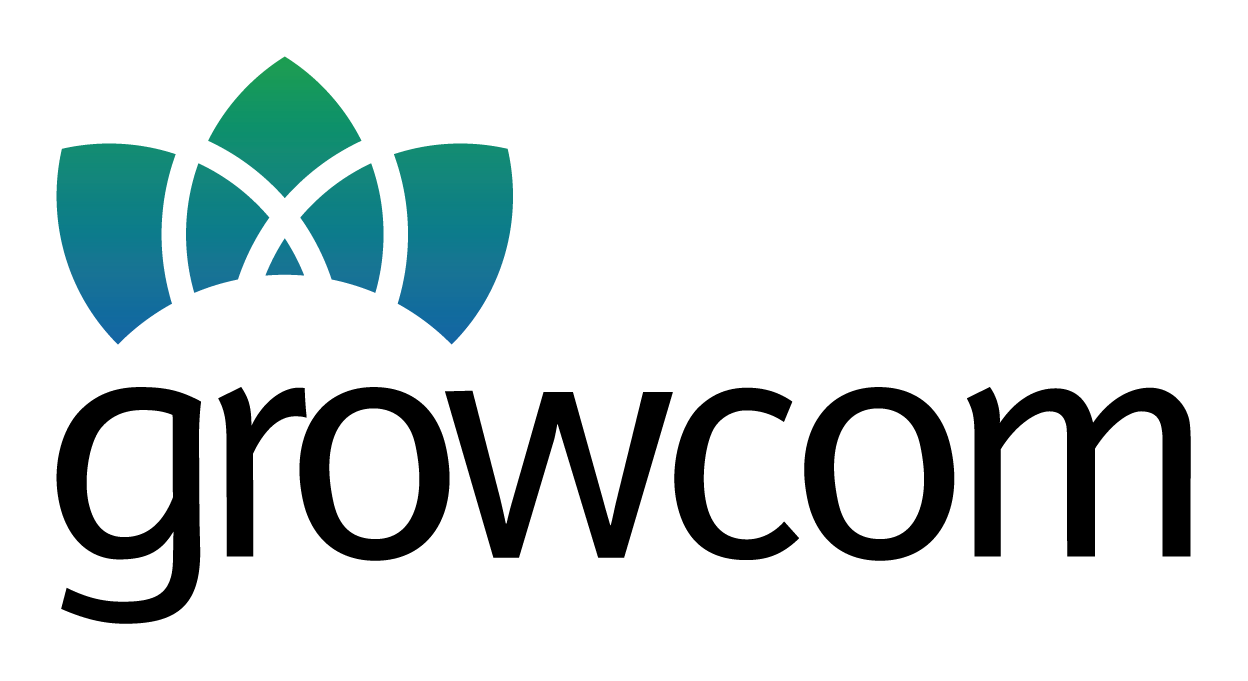Commodity In Focus: Citrus
Queensland’s citrus industry has an important land stewardship role to play with 81% of the state’s crop grown within the Great Barrier Reef catchment.
Through benchmarking fertiliser, sediment, pesticide, and irrigation management practices, citrus growers can gain a deeper understanding of their current practices and potential actions which could be implemented to mitigate risks to off-farm water quality.
Using the Hort360 platform - individual management practices are benchmarked against industry-level best practice standards and guide the development of an action plan for improvement, if required.
Examples of improvements being made by citrus growers include:
use of soil moisture probes and weather forecasting tools for irrigation scheduling
establishment of grassy, leguminous inter-rows to reduce bare earth
increased mulch and organic matter under the trees, and in the tree line, to improve soil health
leaf, soil and water sampling/analysis to inform nutrient budget and reduce leaching of nutrients, and
accredited with Hort360 Reef Certification to demonstrate stewardship to Reef water quality.
Hort360 Reef Certification is a voluntary, credible certification pathway for horticulture growers to demonstrate their environmental stewardship and industry best practice standards in the Great Barrier Reef Catchments.
CITRUS INDUSTRY PROGRESS REPORT
Commercial horticulture growers in the Great Barrier Reef have been actively benchmarking practices, making practice improvements, and demonstrating their stewardship through Hort360 Reef Certification via Growcom’s Hort360 Great Barrier Reef program.
To date, there are 166 Reef Certified properties, encompassing 25,402 hectares. This represents just over one quarter of the horticulture production area within the Great Barrier Reef catchment.
Whilst citrus industry participation has been strong, only a handful of citrus orchards have achieved Hort360 Reef Certification.
The graph above outlines the average results for irrigation, nutrition, pesticide, and sediment modules for citrus growers across each region. The hatched red line depicts the ‘minimum standard’ or ‘benchmark’ and represents the results of 163 modules completed between 2018 and mid 2024.
WHAT DOES ‘BEST PRACTICE’ LOOK LIKE FOR CITRUS?
Practices that contribute to Reef water quality improvement and which are considered industry standard include:
Mulch in tree lines and grassy inter-rows to minimise loss of topsoil and maximise infiltration. Mulch and compost increase soil organic carbon and the overall moisture holding capacity of the soil; just like a sponge!
Soil moisture monitoring devices which measure moisture in the soil profile to inform irrigation scheduling; this prevents over-watering (or under-watering) and improves water use efficiency.
Vegetated gullies between blocks to slow and capture any run-off before reaching water courses; preventing erosion and loss of sediment.
Diversity in inter-row species using both grass and legumes. Legumes, such as peas and clovers, fix atmospheric nitrogen into a form that plants can use. Also, legume residues improve soil organic matter content, leading to better soil structure and microbial activity; crucial for good soil health!
WHAT IS HORT 360?
Hort360 is the best management practice (BMP) platform developed specifically for commercial horticulture growers to assess land management practices and identify actions to make improvements.
WHAT ARE THE BENEFITS OF PARTICIPATING IN THE HORT360 PROGRAM?
Grower participation in the program is important as it demonstrates, at a collective level, the industry’s commitment to land stewardship and best management practices for nutrient, sediment, pesticide, and irrigation practices.
Benefits to growers include:
An opportunity to evaluate your practices and identify opportunities for improvement while also gaining an understanding of how you perform against your peers.
Ability to communicate to staff the farm values regarding commitment to best practice.
Demonstrate to government your industry commitment to stewardship.
Promote to consumers and community industry your values towards the environment, profitable sustainability and social values.
Hort360 Reef Certified business can also access:
A fully trademarked marketing kit, certificate, and farm gate sign.
Discounts on RapidAim products.
Free training and learning opportunities at workshops, field days run by Growcom.
WHAT DOES WORKING WITH A GROWCOM HORT360 FACILITATOR LOOK LIKE?
Growcom has three Facilitators that can assist you to benchmark practices, make necessary improvements, and organise an independent audit. We tailor extension delivery to include as many growers as possible.
Our approach includes:
Group activities – field days, workshops, paddock walks
One-on-one farm visits
Peer-to-peer learning coordination
Connecting growers with expertise and support
Supporting industry and government stakeholders.

